This delicious, no sugar added, dairy-free fruit smoothie is full of vitamins and nutrients to start the day.
Why I Selected These Ingredients
I am cautious about the ingredients in the beverages we drink. Although not diabetic, it runs in my family. Therefore, beverages need to be low in sugar. Also, we avoid milk because it creates inflammation in those with arthritis.
While developing this recipe, I played with the ingredients until finding ones that tasted good together but were also low in sugar and high in fiber. My husband suggested that I add raspberries after he read they are beneficial for people with arthritis, but the beverage didn’t have that special zing until I added fresh ginger. Bananas added a particular smoothness to the drink that also helped me eliminate leg cramps. I chose mangos because they help support healthy thyroid function, and they are weight loss friendly. Blueberries are known for their heart health benefits, and they are low in sugar. And finally, I selected 100-percent pomegranate juice (with no added sugar) due to its color, anti-inflammatory properties, plus antibacterial and antiviral properties.
Ingredients
- 1 medium banana (fresh is best for this recipe)
- 1/2 cup frozen blueberries
- 1 cup frozen mango
- 1/2 cup frozen raspberries
- 1/2 cup pomegranate juice (no sugar added variety)
- 1/2 cup cold homemade ginger tea (or substitute with 1/2 Tbsp fresh ginger root, pealed and chopped, then add 1/2 cup water)
Instructions
- Cut banana into 1 inch pieces and add to smoothie blender.
- Add blueberries so some berries fall into the spaces within and around the banana. This provides more room for the remaining ingredients.
- Add mango over the blueberries. Slice larger pieces in half to make them more uniform in size.
- Add raspberries over the mango.
- Pour pomegranate juice into blender with the fruit.
- Pour homemade ginger tea into blender, enough to cover fruit.
- Seal and blend on high for 1 minute.
- Pour into 12 oz glasses and serve.
Health Benefits of This Recipe
Bananas
Bananas are rich in vitamins, minerals, and other vital nutrients. Healthline.com states they’re an excellent source of potassium, vitamins B6 and C, magnesium, manganese, and fiber. WebMD states that potassium is an essential mineral and electrolyte that helps protect against high blood pressure. They have a low glycemic index (GI) value of 51. Their fiber helps regulate digestion.
Mangos
Mango is low in calories and full of nutrients, according to Healthline.com. One cup (165 grams) of mango provides nearly 70% of the RDI for vitamin C which aids your immune system, helps your body absorb iron, and promotes growth and repair. It is a good source of folate, several B vitamins, and vitamins A, K, and E — all of which help boost immunity. Mango contains magnesium, potassium, and the antioxidant mangiferin, all supporting healthy heart function. It has digestive enzymes, water, dietary fiber, and other compounds that aid in digestive health.
Blueberries
Blueberries are low in calories and incredibly healthy. WebMD states they are one of the best natural sources of antioxidants helping protect your body from damage by free radicals and helps to maintain better cholesterol levels. They are rich in vitamin K and are a good source of Vitamin C and Manganese.
Raspberries
Raspberries are low in sugar and high in Vitamin C. They contain manganese, vitamin K, E, B, magnesium, copper, iron, and potassium. They are high in fiber which supports good digestive health. Its fiber helps beneficial gut bacteria flourish, linked to stronger immunity and a more positive mood.
Ginger
Ginger has a long history of use in various forms of traditional and alternative medicine. According to Healthline.com, ginger aids digestion, reduces nausea, and helps fight the flu and common cold.
Pomegranate Juice
WebMD states that pomegranate juice is a good source of vitamin C, vitamin K, potassium, iron, calcium, and folate.
Discover more from Beautiful Reawakening
Subscribe to get the latest posts sent to your email.

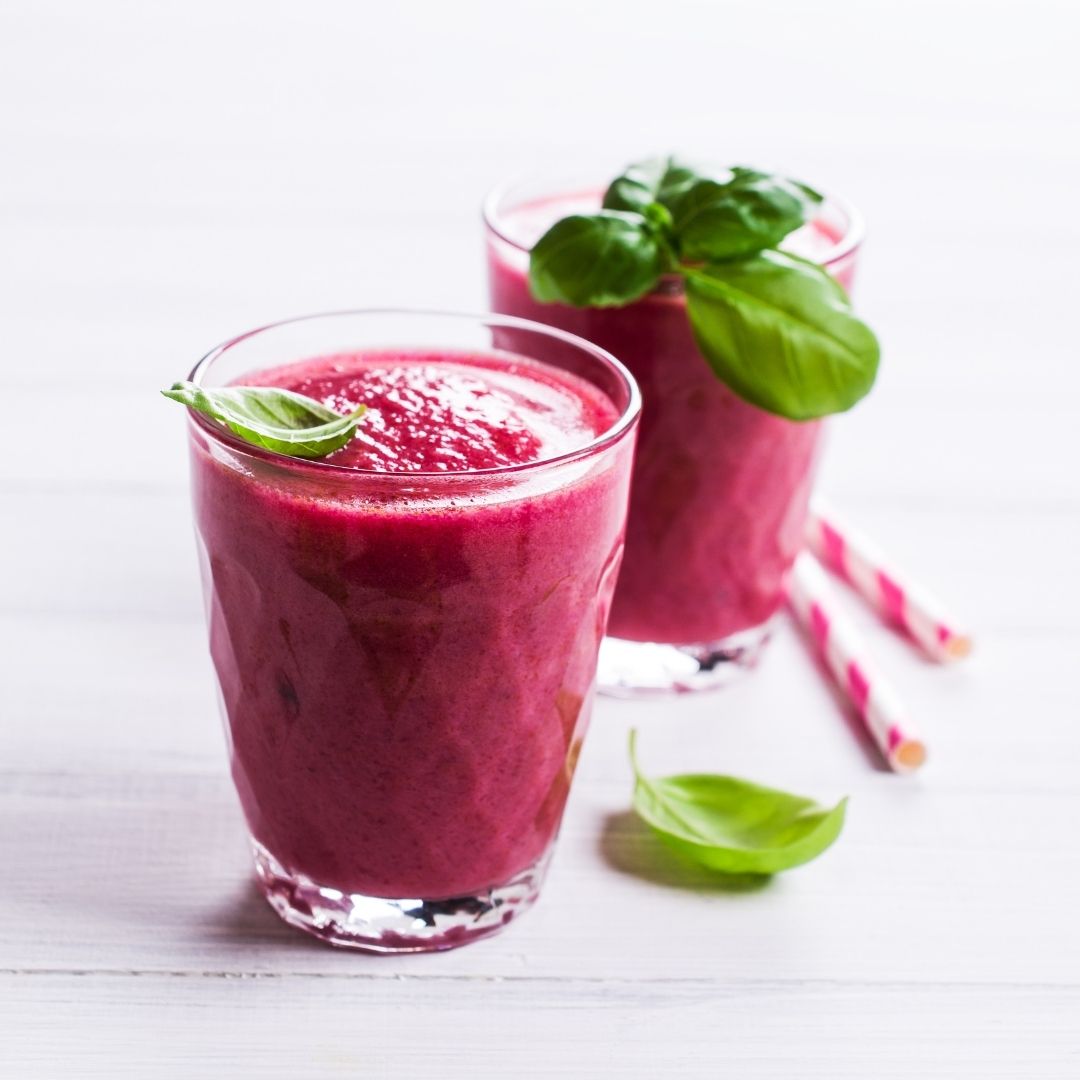


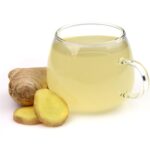
 Rejuvenate with a Homemade Strawberry Lemonade Electrolyte Drink
Rejuvenate with a Homemade Strawberry Lemonade Electrolyte Drink 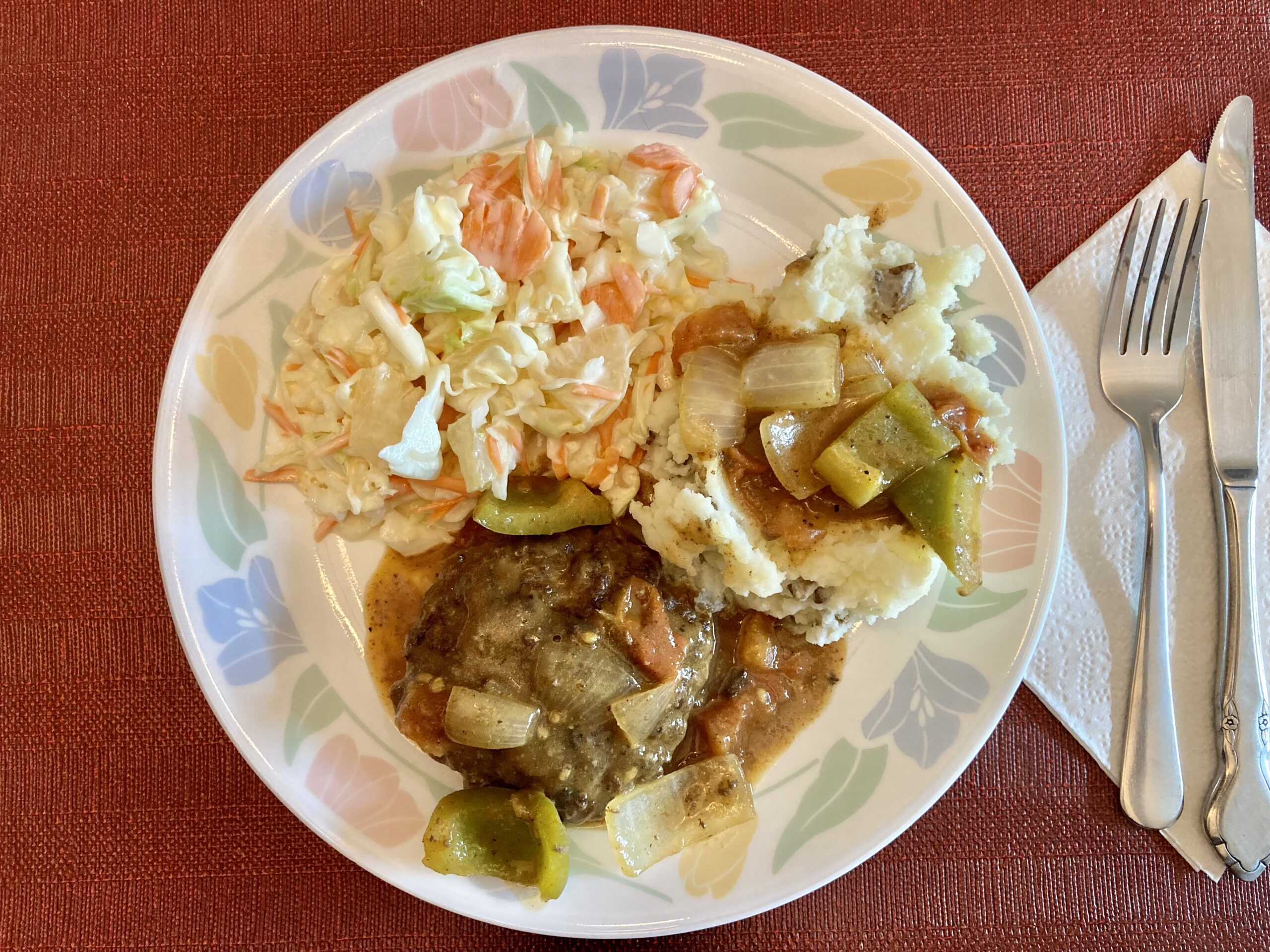 Laura’s Swiss Hamburger Steak
Laura’s Swiss Hamburger Steak 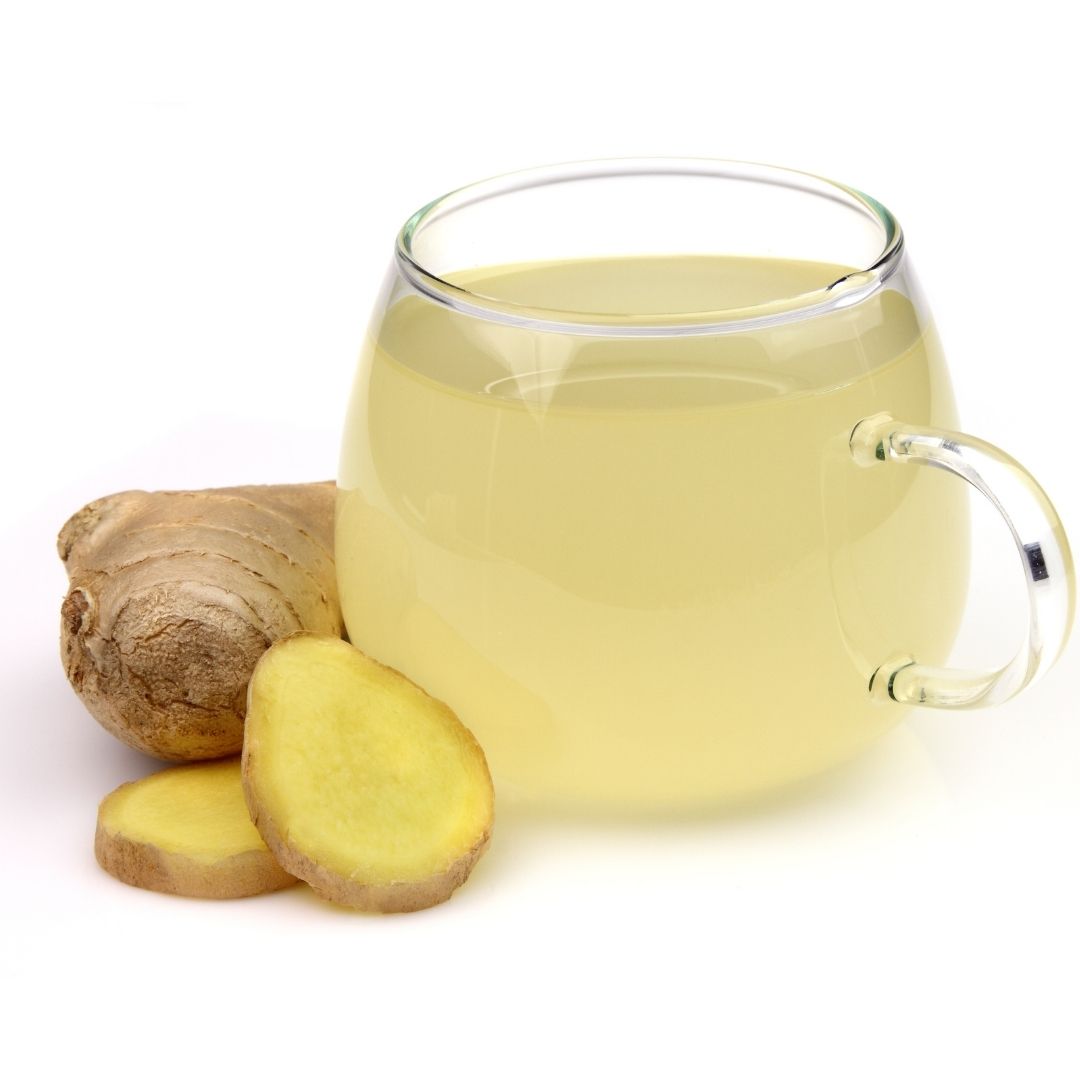 Ginger Tea
Ginger Tea 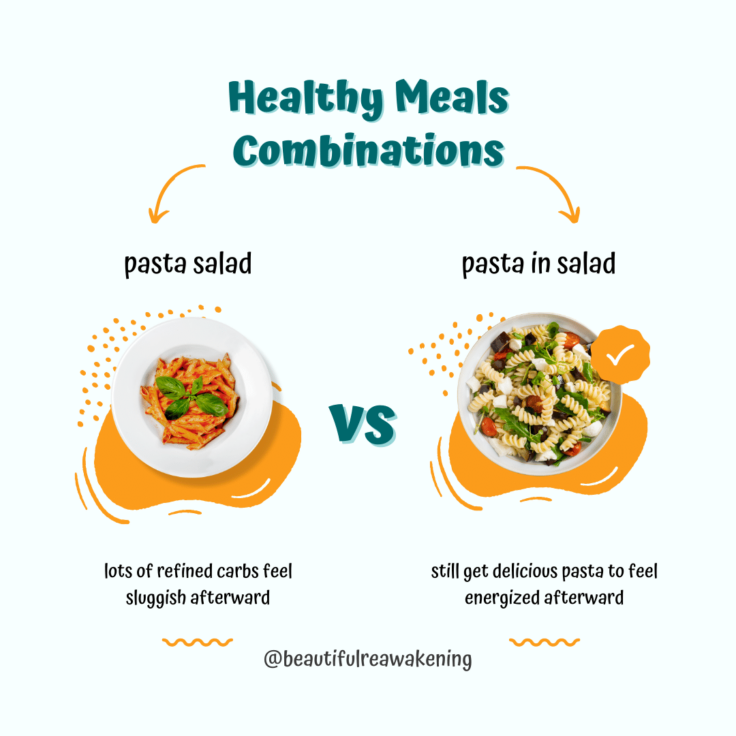 Food for Thought
Food for Thought
Leave a Reply